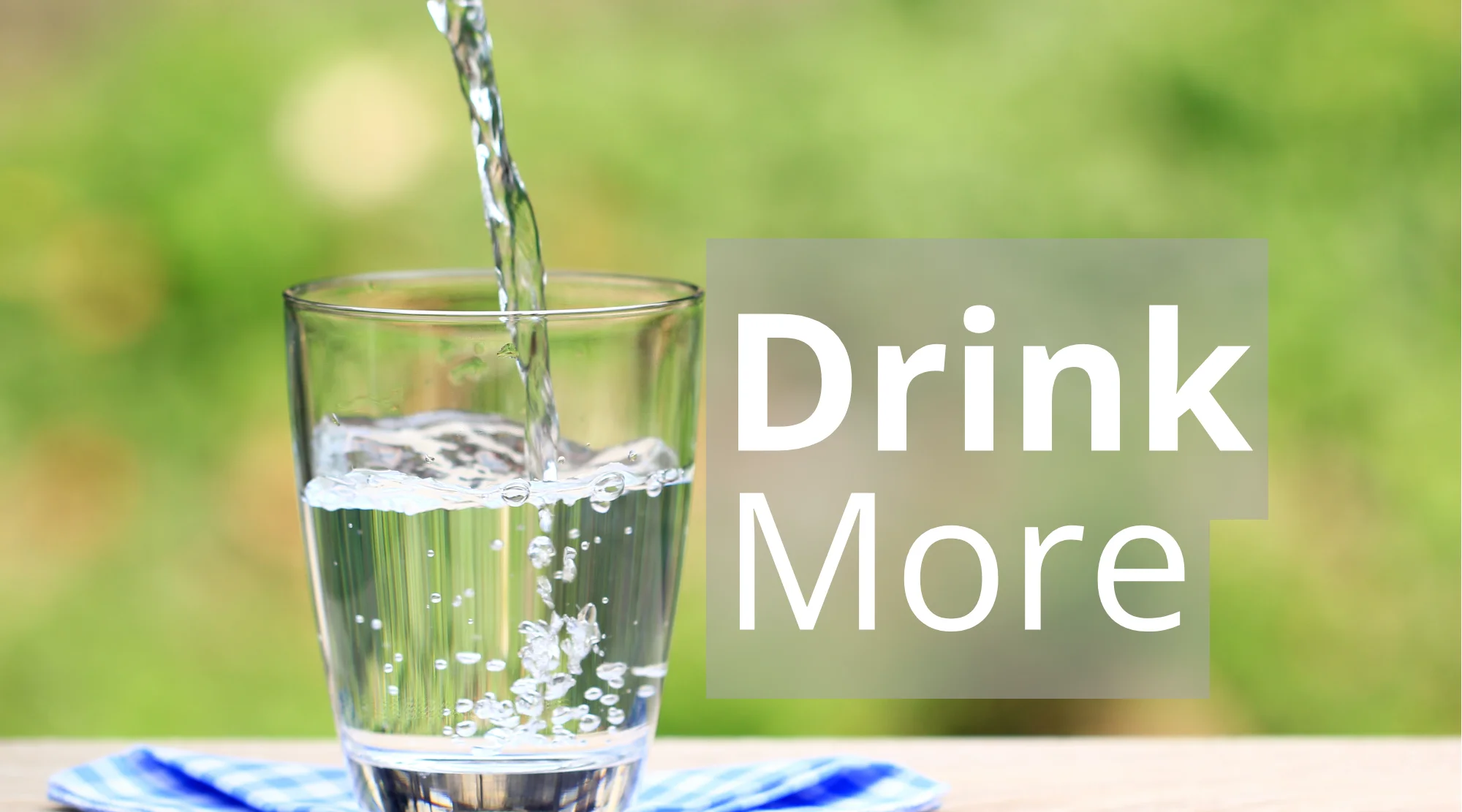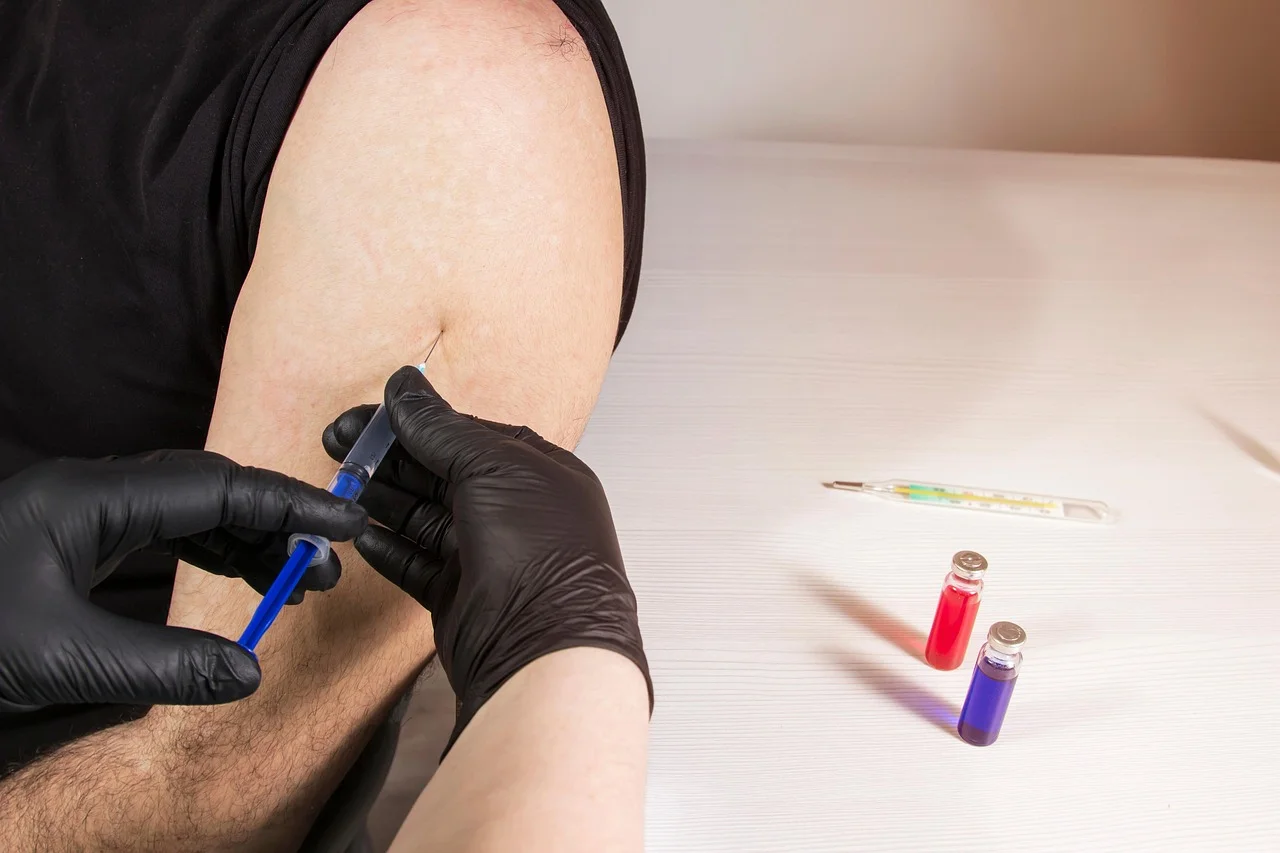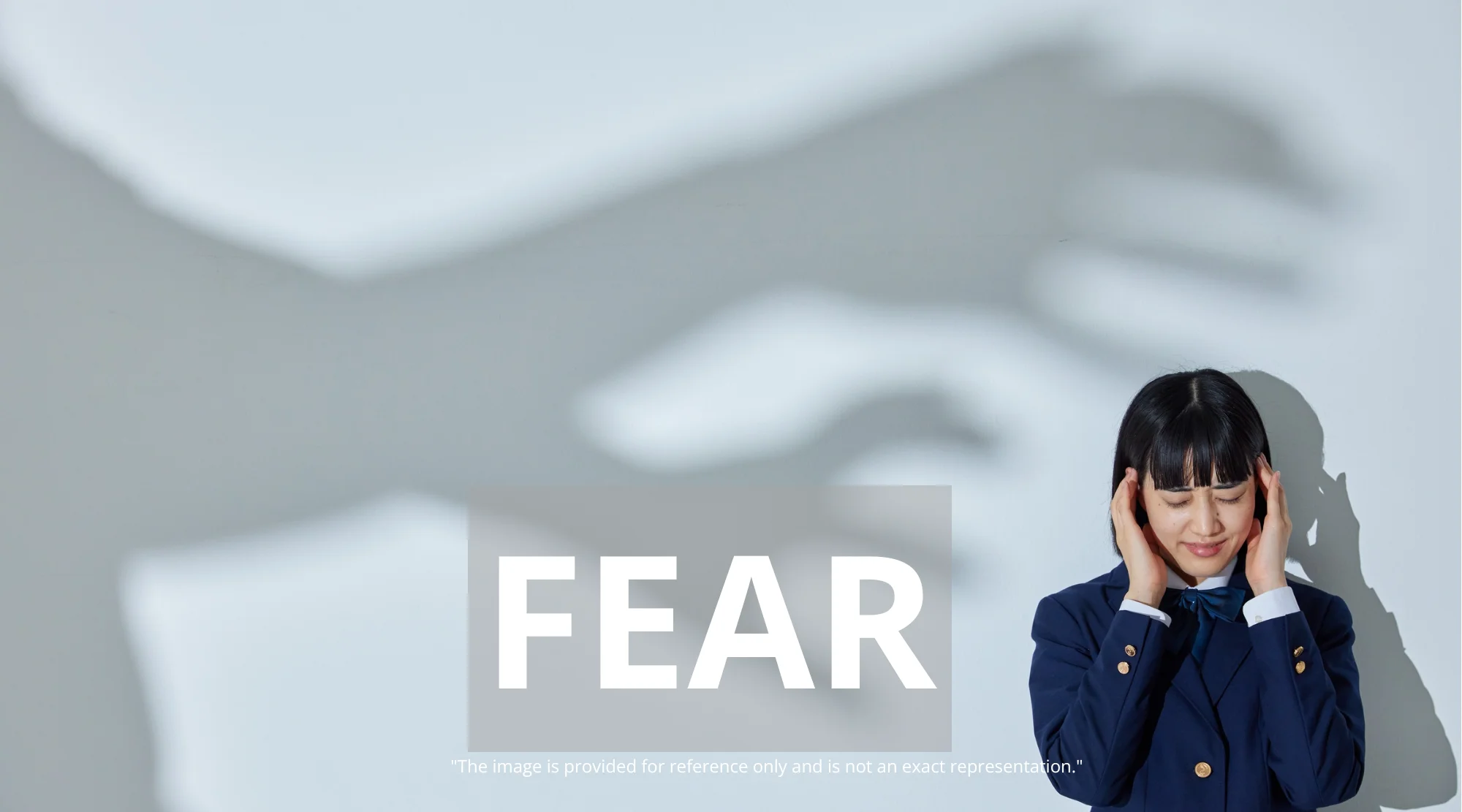The Unexpected Stress Buster: How Proper Hydration Can Revolutionize Your Well-being
Are you feeling stressed? In today’s fast-paced world, stress is a common experience. But what if the solution to managing your stress was as simple as drinking more water? Recent research reveals a surprising link between hydration and stress levels. This article explores how hydration can significantly impact your ability to cope with daily pressures, offering a simple yet powerful tool for enhancing your overall well-being.

The Science Behind Hydration and Stress
The human body is a complex system, and staying adequately hydrated is crucial for its optimal function. When we don’t drink enough water, our bodies enter a state of mild dehydration. This seemingly minor imbalance can trigger a cascade of physiological responses, including the release of the stress hormone, cortisol. This elevated cortisol levels can have numerous negative impacts on our health.
Researchers at Liverpool John Moores University have found that individuals who consume less than 1.5 liters of water daily exhibit significantly higher cortisol levels when faced with stressful situations. This suggests that chronic dehydration can amplify our stress responses, making everyday challenges feel more overwhelming.
The Hidden Impact of Dehydration
Many people don’t realize they’re dehydrated. Thirst is a late indicator of your body’s need for water. You might not feel thirsty, but your body could still be lacking the fluids it needs. A simple check of urine color can provide valuable insight: pale yellow urine typically indicates good hydration, while darker shades suggest the need to drink more.
Dehydration doesn’t just affect your stress levels; it can also impair cognitive function, reduce physical performance, and lead to fatigue. Staying properly hydrated supports all aspects of your health.
Hydration and the Brain: A Powerful Connection
When your body detects a lack of fluids, it releases vasopressin, a hormone that helps your kidneys conserve water. Vasopressin also influences the brain’s stress response system. This is where the surprising connection emerges: vasopressin can heighten the release of cortisol, making you more reactive to stress.
This creates a double-edged sword. While vasopressin helps preserve water, it can also make your body more sensitive to stressors. In a world where stress is prevalent, this increased sensitivity can lead to significant health problems over time.
Beyond Water: Lifestyle Factors and Stress Management
Hydration is not a standalone solution for stress management. A holistic approach is essential. Other key lifestyle factors play a vital role in your ability to handle stress:
- Sleep: Prioritize getting adequate sleep to allow your body and mind to recover.
- Exercise: Regular physical activity, even short walks, can reduce stress and improve mood. Read more in 30-Minute Walking Workout: Maximize Calorie Burn and Boost Joint Mobility.
- Nutrition: Consume a balanced diet rich in nutrients to support your overall health. Read more in Healthy Eating: Your Ultimate Weekly Meal Plan for a Balanced Life.
- Social connections: Nurture meaningful relationships with friends and family.
By incorporating these habits into your daily routine, you can build resilience and better manage stress.
Practical Tips for Staying Hydrated
Making hydration a priority doesn’t require drastic changes. Here are some practical tips:
- Carry a water bottle: Keep a reusable water bottle with you and refill it throughout the day.
- Set reminders: Use apps or set alarms to remind yourself to drink water regularly.
- Choose hydrating foods: Include water-rich fruits and vegetables in your diet.
- Listen to your body: Pay attention to thirst cues and drink water when you feel thirsty.
Remember, individual water needs vary depending on factors like activity level, climate, and overall health. It’s essential to find what works best for you.
Hydration as a Public Health Intervention
Considering that chronic stress is a significant public health concern, hydration presents an accessible and cost-effective intervention. Unlike many stress-management techniques that require time or resources, drinking enough water is readily available to everyone.
Conclusion: Embrace the Power of Water
In a world filled with stressors, maintaining good hydration is a simple yet effective strategy for supporting your physical and mental well-being. By incorporating this easy habit into your daily routine, you can enhance your ability to manage stress, boost your energy levels, and improve your overall quality of life. It’s a small change that can have a significant impact. Learn more about simple practices for a healthier you in [Health Habits to Ditch Now: Expert Tips for a Healthier You](https://befullbehealth.com/2025/health-habits-to-ditch-now-expert-tips-for-a-healthie













1 comment